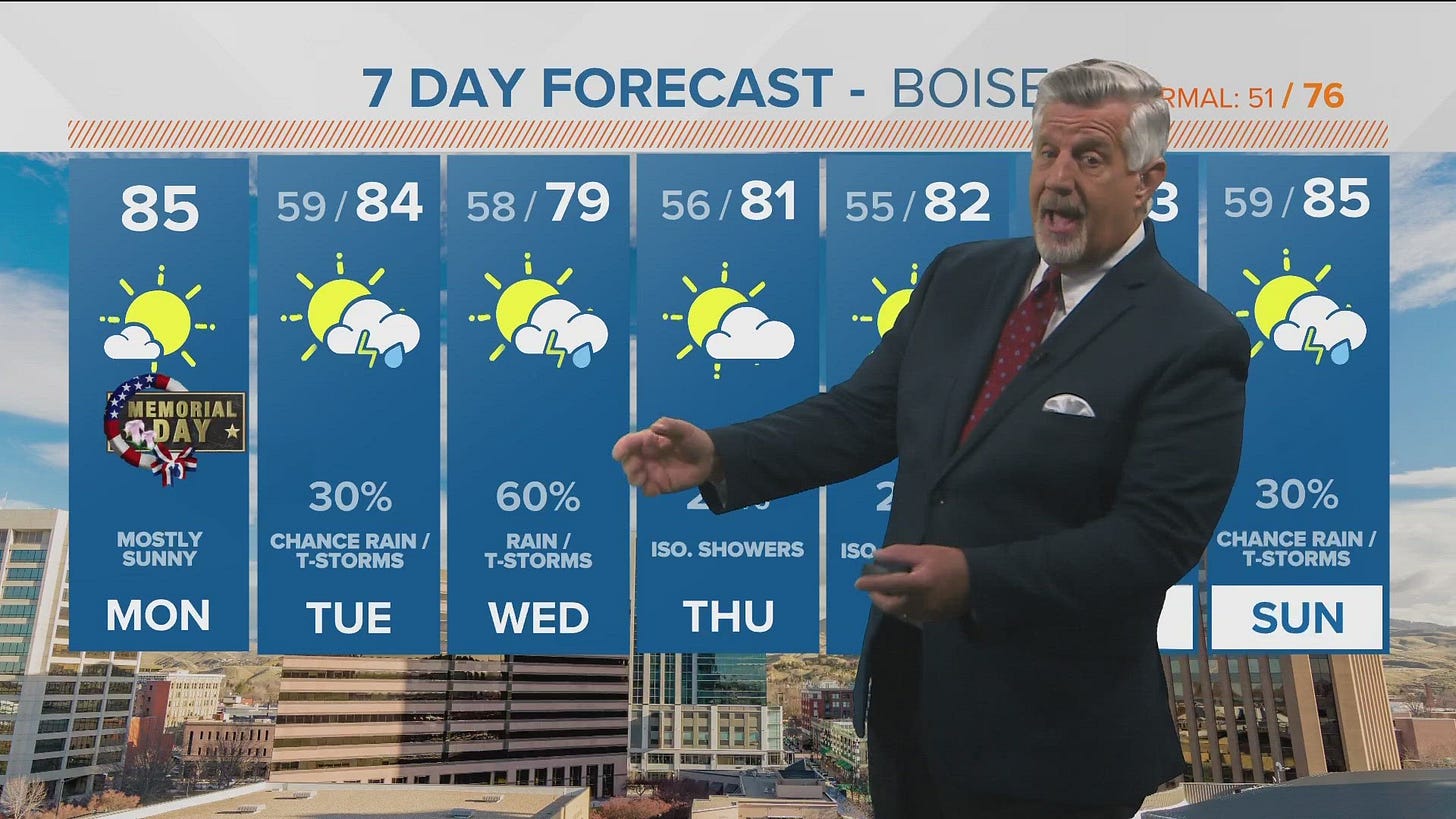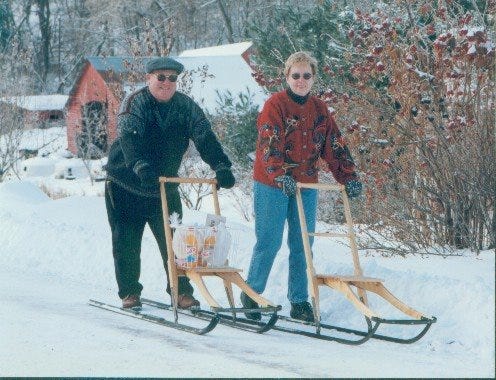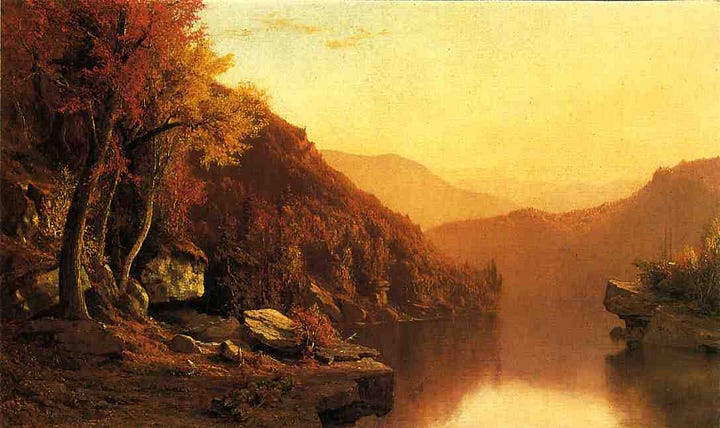The Oxford dictionary defines propaganda as “information, especially of a biased or misleading nature, used to promote or publicize a particular political cause or point of view.”
For a good example of propaganda one only needs to watch a television weather report. “An absolutely stunning day is ahead of us, just in time for the weekend,” says the meteorologist as he motions at a warm front on the green-screen. He is the picture of functionality among men, a paragon of normalcy — his tie is clean, his botoxed brow is unfurling gaily as he grins; his fruity gesticulations command a smiling flavor of respect, positioning him in our subconscious minds as the chief arbiter of “good weather” and “bad weather”. And as he speaks about the “gloriously sunny day”, his judgements enter our minds through the back door.
As he moves his hands toward the forecast a few days ahead he glowers darkly like a Pentecostal preacher reading from the Book of Revelation. “The weekend will be gloomy,” he says like a seer, reaching far beyond the physical weather and into the psycho-spiritual content of our days. His eyes twinkle with grief; “Thirty-eight degrees and a one-hundred-percent chance of rain, with some sleet forming on the roads after dinnertime…” He curses us to hate it, his bias is naked — he is a metaphysician, a Bishop of sun worship casting a spell designed to keep his flock from the theological dangers of enjoying the overcast and rain. He is a propagandist, and I hate him.

After all, constant sunshine is the weather of the dullard. The lover of hot, lazy days and breezy, cloudless skies fancies himself a lordling — he insists that the earth be his womb-like chamber of easy, saccharine delights. He is the same man who enjoys sugary-sweet sodas, on-the-nose political commentary, prefers his novels to be cheap and gutless, and his women botoxed and spray-tanned. He wishes the earth would somersault over itself to gratify the reptilian regions of his brain in all seasons. The types of men who wear flip-flops and expound on their love of the beach are, often enough, totally devoid of poetry; sun-drunk, they worship the boiling yellow circle in the sky, Pagan-like, begging Mother Earth to ladle their bronzed skin with the glistening oil of hypertrophied corporeal pleasure, day in and day out.
And what metaphor for human love is found on the beaches of Florida and Carolina? The semi-tropics of the American nation only give rise to a brooding drama among men — to boastful soliloquys and ineibriated utterances, and to schism and feud. It is heat that makes the white of an egg dance and sputter with great anxiety, peacelessly upon the pan, and its effect on human hearts is hardly different. Florida man is the methamphetamine drifter, the injury lawyer with delusions of grandeur, the gin-swilling swinger on South Beach — Florida could never be a land of great mystics or poets or lovers.


By contrast the cleansing realities of the sunless wintry months of Maine or Michigan awaken in man a potent metaphor for love; they call him to penance and to the construction of fire, they spur him toward fashioning his heart in the image of the cozy cabin. For the north is a land of contrasts — the seasonality of her realms lets the human heart develop its poetry in four acts. Icy blasts steel him and numb every inch of the pride he wore on his face; he is withered by the trial of gathering wood and made vigilant by the icy paths on which he travels. His work is harsh, what with fingers freezing stiff in the bluster, and yet he knows that at day’s end his haven is in the household, where wife and children await him. The tiny flame of his hearth is the little ineffable thing, quite mimicking the Holy Spirit, that he must protect above all against the ghastly vortex of snow and the bleak seasons of sideways sleet and freezing rain.
And then — Glory Be! — the first tendrils of spring greet him like hushed stanzas of a great poem. Some narrative of hope and despair, of life and of death is lived again and again, season after season, and each spring’s arrival has been paid for in full by the toll the winter has taken. Indeed, there are a thousand chapters to the northman’s year — every day he wrestles with reality, monitoring the changes, always called to notice the tendrils of hope both on the calendar and in the woodstove. And so it is that he loves much the same, keeping all his relations close as if their mutual loyalty were a life-and-death matter. Such a thing mirrors the realities of living by the woodstove as one’s sole hope of surviving the subzero weeks; he must be ardent and true, dwelling in the strength of his own blood, hardened by the ice. Summer comes as his reward — not as a buffet of un-earned treats from a false heaven, but as a celebration of all things good and easy and balanced.


Therefore I say that the weatherman is the king of the ‘psyop’. He devilishly guides human hearts away from Christian penance, away from the multi-layered seasons of life and of love. His vocation is that of the anti-Western psychological warfare operator, extolling the tropical virtue of sun worship and languid, steamy climatic constancy. His aim is to demoralize the northerner, and he succeeds wildly as the north depopulates and its diaspora congregates in Florida to worship the sun. We must view him with the utmost suspicion — he is a dangerous subversive, and if we allow his sermons into our hearts, we welcome decadence into our souls. Long live winter, long live the dreary north, long live the poetry and romance of the four seasons!




My late father and a couple I know who retired to Florida made similar comments.
Dad: Bad people move to warmer climates so they can be lazy and not have to dress properly.
Terry: Key West has the most crazy people in the USA. The crazy people kept walking and walking south, until they could go no further, so they stayed in Key West.
This is amazing. I’ve always had a subconscious dislike for weathermen